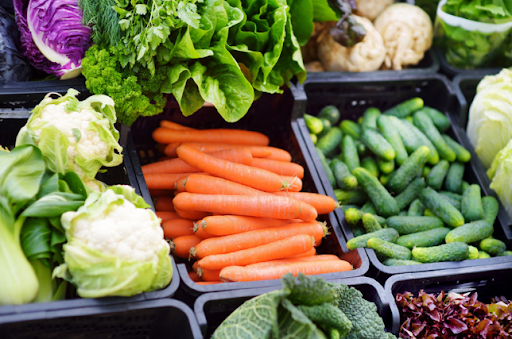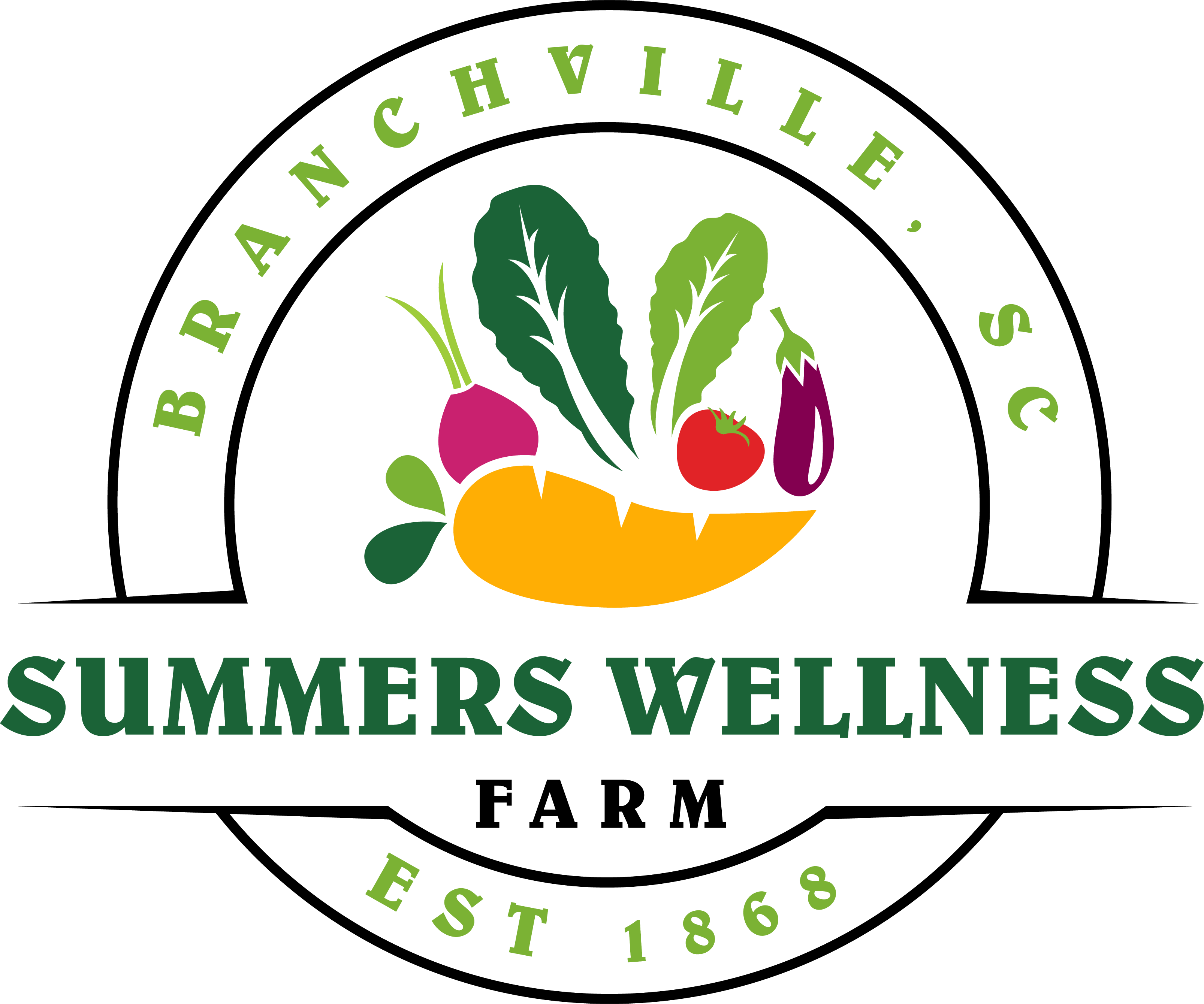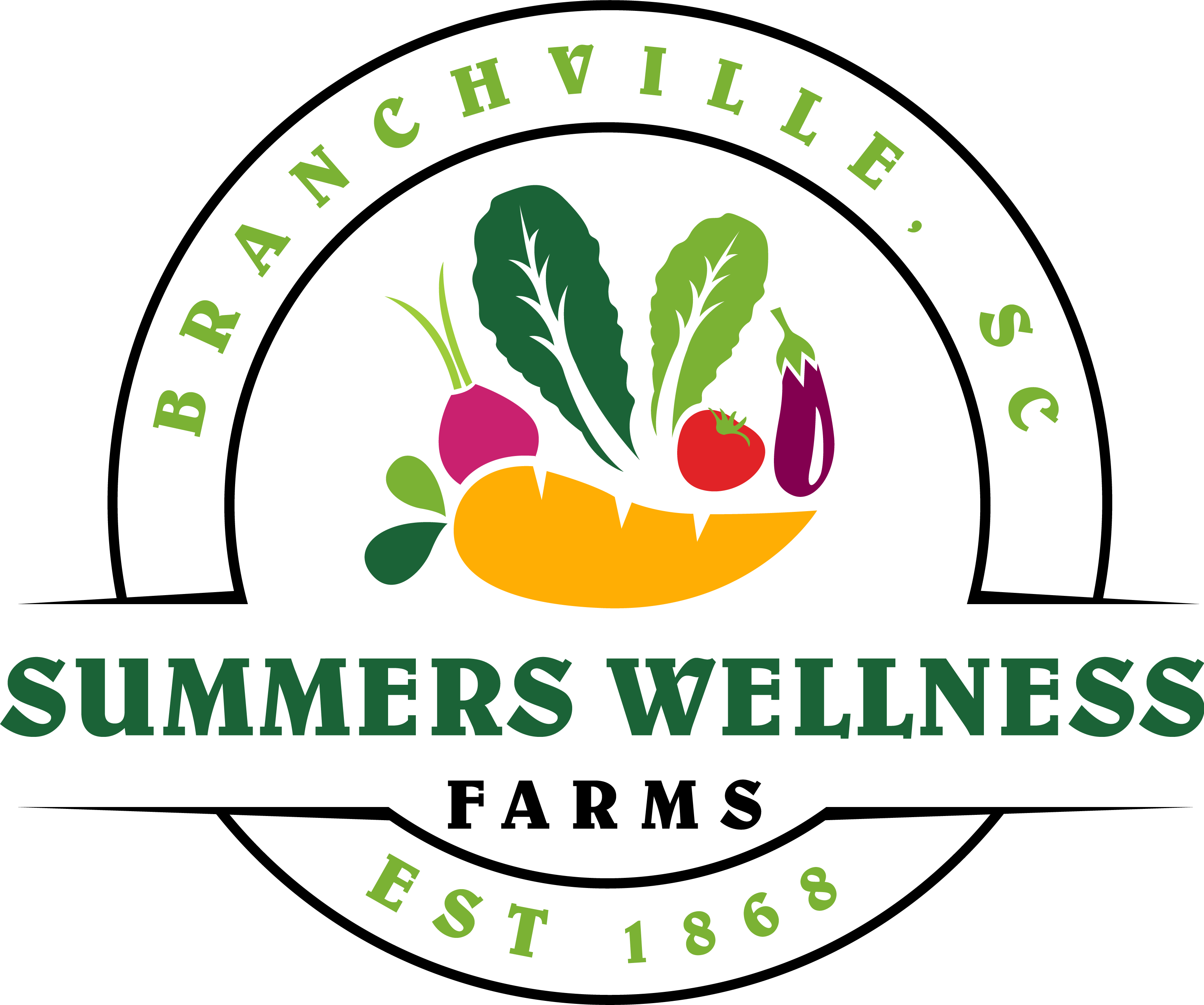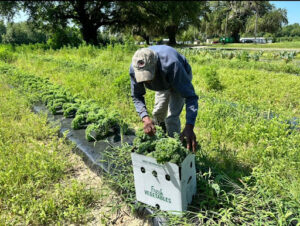Home » Organic Produce: Does It Really Mean Pesticide-Free?
Organic Produce: Does It Really Mean Pesticide-Free?
In recent years, consumers have become increasingly concerned about the food they eat, especially how it’s grown and the potential chemicals used in the process. As a result, organic produce has gained immense popularity for its perceived health benefits, environmental advantages, and avoidance of synthetic chemicals. But one common question often comes up: Is organic pesticide-free? Before you buy your next batch of organic veggies, explore our organic options now!

Uncovering the Natural Methods Behind Organic Farming
Organic farming focuses on growing food using natural processes and methods that avoid synthetic chemicals, GMOs (genetically modified organisms), and harsh fertilizers. Instead of relying on synthetic pesticides, organic farming uses various natural and non-toxic methods to manage pests and diseases. However, it’s important to note that organic farmers do use pesticides, but they are natural or approved for organic farming.
Understanding the Safe, Natural Pesticides Used in Organic Farming

The key difference lies in the type of pesticides used. Organic farming allows for the use of specific natural pesticides that are derived from plant extracts, minerals, or biological agents. These are generally considered safer than synthetic chemicals and are often biodegradable, which means they break down more quickly in the environment.
For instance, common organic-approved pesticides include:
- Neem oil – Derived from the neem tree, this oil is often used to manage insect pests.
- Insecticidal soap – Made from plant oils, it suffocates pests like aphids and mites.
- Diatomaceous earth – A fine powder made from the remains of ancient marine organisms. It’s effective against a variety of insects and pests.
While these natural pesticides may still technically fall under the term “pesticide,” they are far less harmful than conventional synthetic options. Importantly, they’re used as a last resort, only when other methods like crop rotation, pest-resistant plant varieties, and encouraging natural predators (like ladybugs) fail to control pest populations. Taste the difference of produce grown without synthetic chemicals—get yours now!
The Necessity of Natural Pesticides in Organic Farming
Even though organic farming avoids synthetic chemicals, pests, weeds, and diseases can still pose a threat to crops. Like conventional farmers, organic farmers need to protect their crops from these challenges. Organic farming doesn’t mean allowing pests to run rampant. Instead, it means farmers are committed to using methods that prioritize human health, environmental sustainability, and biodiversity.
Natural pesticides are typically more targeted in their effect compared to synthetic ones. This means they are less likely to harm non-target species, such as beneficial insects, birds, and soil organisms. Organic farmers also focus on managing pests and diseases through preventive measures, such as maintaining healthy soil, encouraging biodiversity, and using physical barriers like row covers to protect plants.
In short, organic farming takes a holistic approach to pest management, using pesticides only when necessary and always prioritizing safe methods for both the environment and consumers.
Organic vs Conventional Pesticides: What’s the Real Difference?
It’s helpful to understand the differences between organic and conventional pesticides. Conventional pesticides used in traditional farming are often derived from synthetic chemicals. While they are effective at controlling pests, they can have long-lasting effects on the environment and human health. These chemicals can linger in the soil, contaminate water supplies, and harm beneficial insects like bees and butterflies.
In contrast, organic pesticides are typically less toxic to the environment. They break down quickly, reducing their potential to harm wildlife or pollute the ecosystem. Furthermore, organic farming often limits pesticide use, opting for other pest control methods whenever possible.
The focus on natural pest control methods is a significant reason many people choose organic produce. Organic farmers reassure them by committing to sustainability and safety throughout their production practices, even when using a few natural pesticides as a preventive measure. Choose produce with peace of mind and enjoy the benefits of chemical-free, environmentally-friendly farming.
Is Organic Produce Really Healthier?
One primary reason consumers seek organic produce is to avoid exposure to synthetic chemicals. While experts test conventional pesticides for safety, many people prefer to avoid them as much as possible, mainly due to concerns about long-term health effects.
Research has shown that organic farming tends to have lower pesticide residues than conventional farming. Although organic farmers use some pesticides, they apply them in much lower amounts, and experts generally regard them as safer for human consumption. Organic produce is often free from the heavy residues that can linger in conventionally grown food. As a result, organic produce is crucial for vulnerable groups like children, pregnant women, and those with sensitivities to chemicals.
While organic produce is not completely free from pesticides, it is the best option for those who want to limit their exposure to potentially harmful synthetic chemicals.
The Environmental Benefits of Organic Farming You Should Know
One key advantage of organic farming is its emphasis on sustainability. Organic farming practices help preserve soil health, promote biodiversity, and reduce pollution. By avoiding synthetic chemicals, organic farmers protect water sources from contamination and create a safer environment for wildlife.
In addition, organic farming reduces agriculture’s carbon footprint by minimizing the use of fossil fuel-intensive synthetic fertilizers and pesticides. This contributes to reducing overall environmental degradation, making organic produce a choice that benefits not only your health but also the planet.
Organic Produce: A Safer Choice for Your Family and the Planet
So, is organic produce pesticide-free? Technically, no. However, organic farming limits pesticide use to natural, less toxic options and only as a last resort. By avoiding synthetic chemicals, organic produce offers a safer, more sustainable alternative to conventionally grown crops. Organic food is the way for consumers who want to minimize their exposure to harmful pesticides, support environmentally friendly farming practices, and enjoy fresher, more flavorful produce.
At Summers Wellness Farm, we’re committed to providing fresh, organic, pesticide-free produce you can feel good about. We carefully grow our vegetables with natural, sustainable methods, ensuring that each bite is healthy and bursting with flavor. Our hydroponically grown vegetables are free from synthetic pesticides and packed with nutrients, giving you peace of mind and a healthier choice for your family. Enjoy fresh, flavorful produce that’s grown without synthetic chemicals—go organic now!





